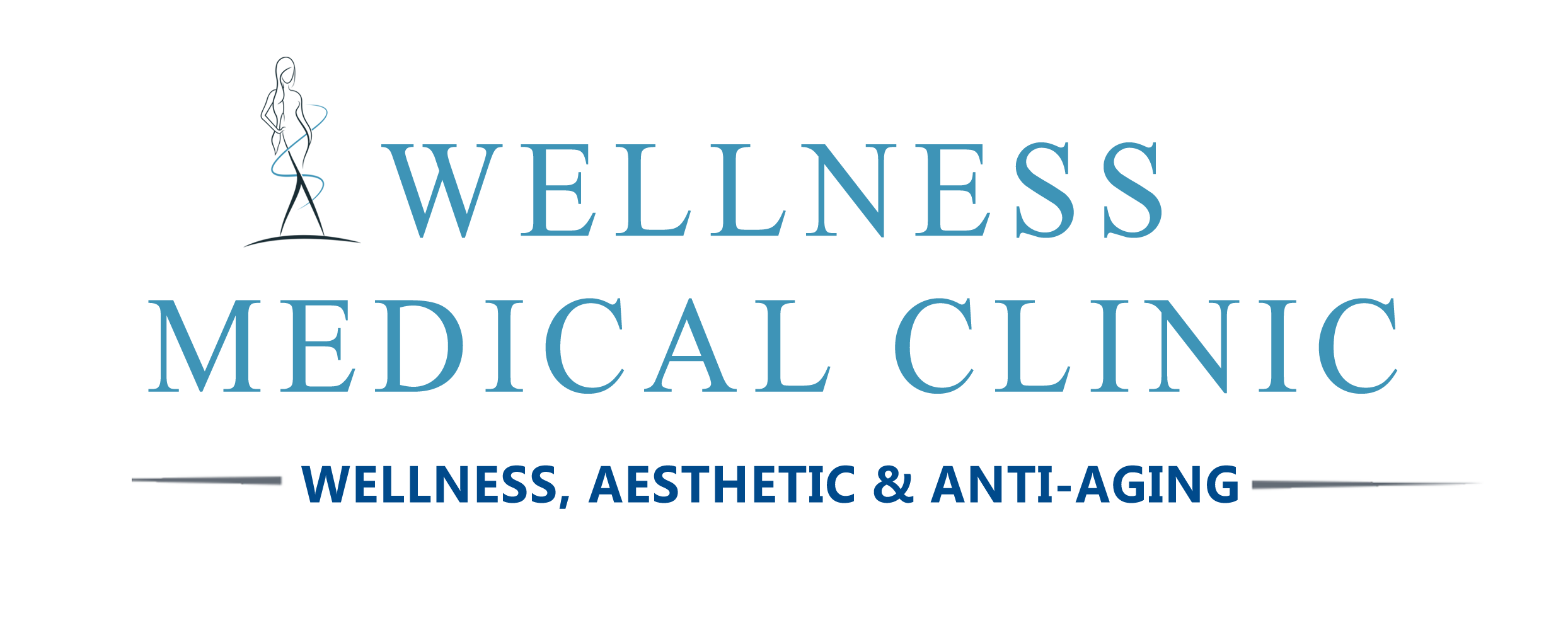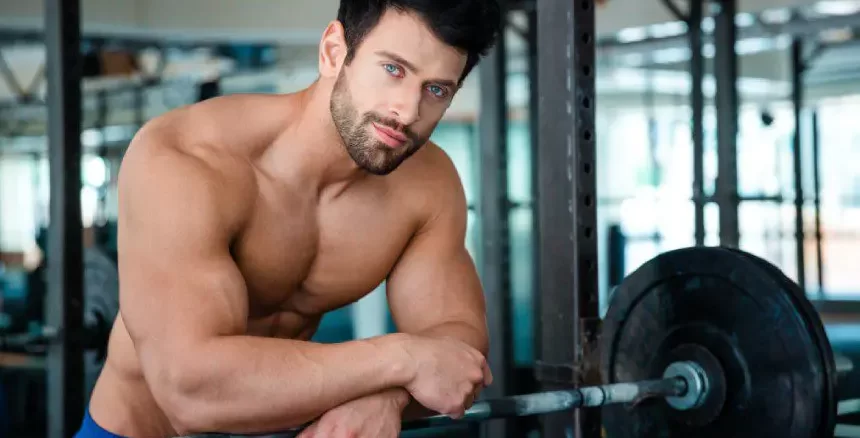What is PRP?
Platelet Rich Plasma (PRP) is concentrated blood plasma that contains approximately three to five times the number of platelets found in normal circulating blood. In addition to the platelets, it contains growth factors and other proteins that aid in wound healing and hair growth.
What does the PRP treatment do?
PRP is used to halt or reverse miniaturization, the process that causes common baldness.
How does PRP work?
Your doctor uses PRP to stimulate the growth of follicles, which reverses the hair miniaturization (thinning hair) seen in androgenic alopecia (common baldness).
What are the benefits of treatment with PRP?
Platelet-rich plasma offers an additional way to stimulate hair growth, especially in people who cannot use other forms of treatment. For example, it may be useful if someone is not a candidate for a hair transplant or cannot use finasteride.
It is also useful in the treatment of crown thinning, where a hair transplant may not be appropriate.
What is the treatment schedule?
If PRP hair loss therapy is appropriate, we can begin your treatment at the time of your consultation. We will administer the next two treatments at 6-week intervals. You will be asked to return 3 months later. At this visit (6 months from your first treatment), your response will be assessed. If you show improvement, follow-up treatments will be given twice yearly, depending on your progress.
When should I expect to see the results?
Patients usually see results in 3 to 6 months. However, the response time may be variable.
How long does PRP treatment take?
It’s done during a simple office visit, about 30-45 minutes. You can go back to your regular routine after the treatment.
Will it work in a balding area?
It works best where there is existing thinning hair.
Will it work for me?
There is an individualized response to this treatment with a spectrum of effectiveness. It does not work in all cases. Patients are monitored to assess the benefits of therapy.
Will my head be sore afterward?
You may have some very temporary soreness and swelling, but many patients experience nothing.
How many injections are done throughout the scalp?
It depends on the area. The doctor will determine this at the time of treatment.

